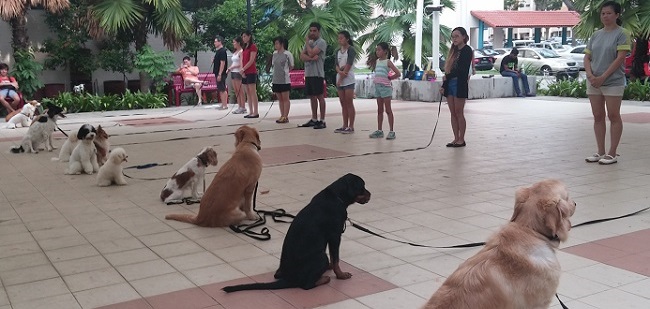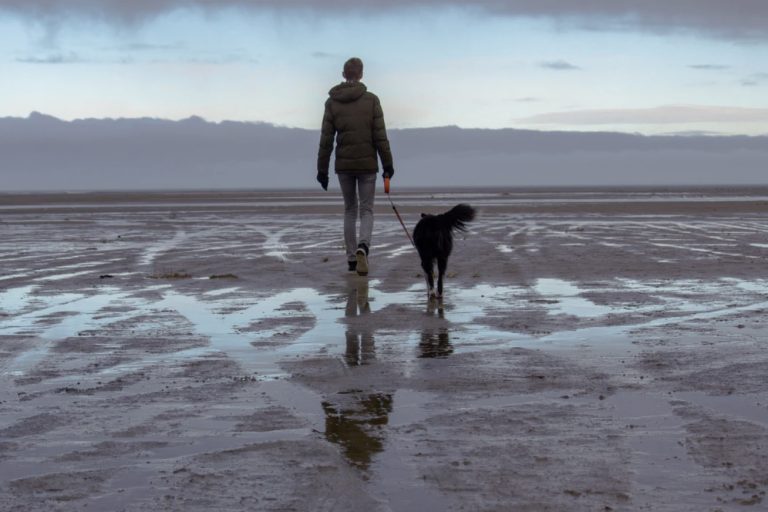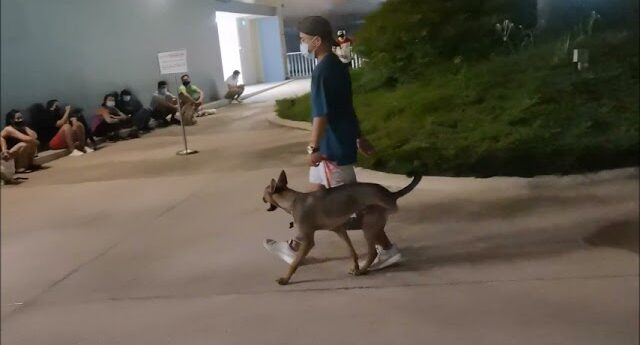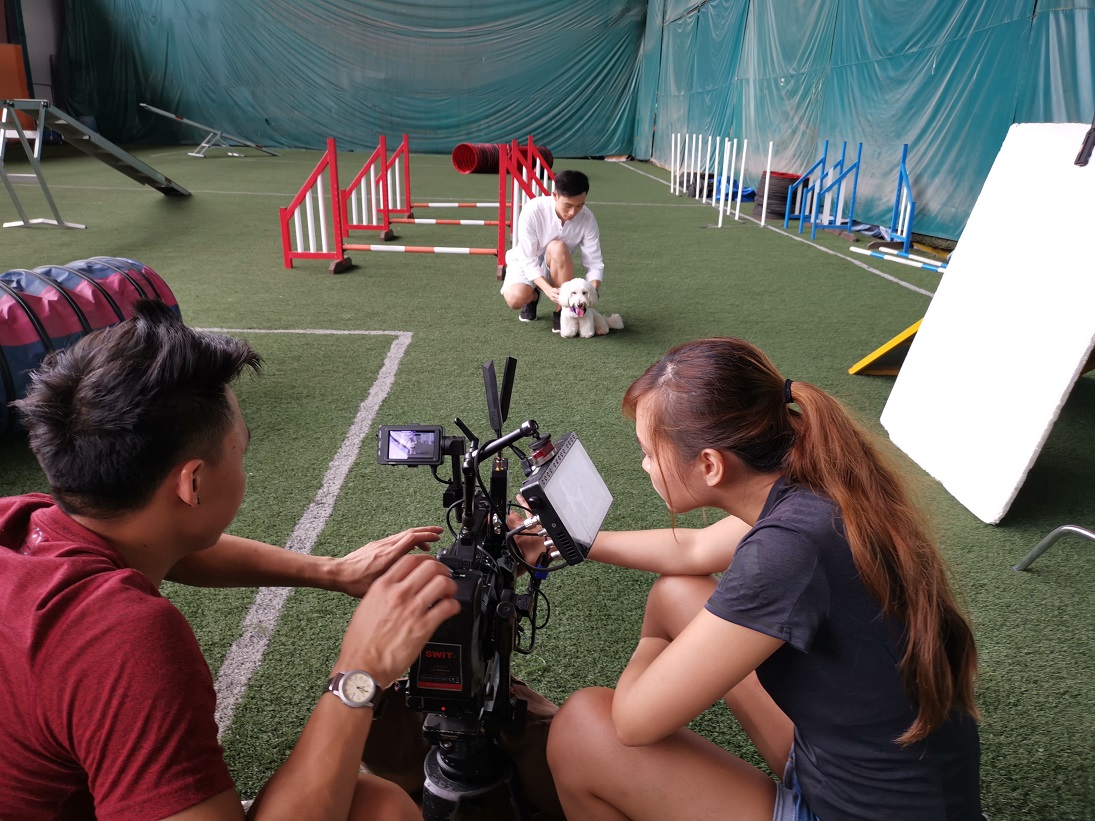Why Do Puppies Chew All The Time?

My dog chews on everything !
A lot of dog owners usually have this point in mind that why do dogs chew? And a simple answer for it would be because “it is what they are born to do”, dogs Chew.
There’s no way around it.
There not a single reason to explain.
There could be so many reasons.
Dogs, especially puppies are extremely playful and investigative. While play with people and other dogs is an important part of socialisation and social development, exploration and object play are important ways for dogs to learn about their environment. Therefore it is a normal behaviour for puppies to investigate their environment by sniffing, tasting and perhaps chewing on objects throughout the home.
A Few Reasons Why your puppy Might Chew
Puppies are exploring and experiencing the world through their mouths, so no wonder they chew! Everything is interesting and new to them, especially items that have interesting textures, flavours and scents on them.
- Teething
However, as a puppy gets older they can start teething, in which new teeth come through their gums, replacing baby teeth. As with human babies this can be a painful experience, so puppies chew. Chewing gives them relief from the pain of teething.
To help your puppy through teething and just general chewing, designate some toys to be HIS or HER toys. Play with your puppy with that toy specifically; praise your puppy when he or she chews on it. Try not to yell at or physically punish your puppy if he chews on something he’s not supposed to chew on. They know they’ve been bad and respond accordingly, but do not know the root of the offense. - Anxiety
Certain situations can stress out certain dogs. Anything from being left alone for extended periods of time, to new surroundings, to new pet’s or baby- many things can trigger anxiety for a dog. Many dogs will take to chewing to relieve anxiety. When your dog chews, endorphins are released thus causing a calming or “feel better” effect on your dog.
If your dog is becoming destructive due to anxiety such as separation anxiety, it may be in your best interest to consult a trainer or behaviourist. That way, you will have an experienced and professional guide to help you help your dog.
Some other reasons can be:
- As a puppy, he wasn’t taught what to chew and what not to chew.
- He’s bored.
- His behaviour is fear-related.
- He wants attention.
- Puppies go through a teething stage from about four months to the age of ten months. They lose their baby teeth from about four to six months and their adult teeth begin to grow in at about six to ten months. It is important to allow your puppy to chew to help his teeth come in
- During this time your puppy’s teeth will feel very uncomfortable and the pup will want to chew on everything trying to relieve the discomfort. He is not chewing purposely to upset you, he is simply uncomfortable. Do not allow your puppy to chew or bite on humans as it will be setting yourself up for problems in the future. The best way to handle a teething puppy is, every time the pup chews on something he is not allowed to chew on take it away and immediately give him something he is allowed to chew on. To teach your puppy not everything is his to chew on, place things in front of him one by one that he is not allowed to have.
This chewing stage can last for up to 6 months. Adolescent chewing is different from puppy teething since it happens after all the needle-like puppy teeth have fallen out. Adolescent dogs often have an uncontrollable urge to chew. This could be because of discomfort in their gums as their adult teeth are settling into the jawbone. This kind of chewing also occurs as the young dog is attempting to find out about his environment and discover new things.
More reasons for chewing can also be:
- An unbalanced diet
- Attention-seeking – if your dog learns that by picking something up in his mouth (such as a TV remote control) you get up and chase him round the room, he will quickly learn that this is a great way to get your attention.
- Distress at being left alone – some dogs cannot cope with
- Puppy teething – occurs from 3-7 months of age. During this time, puppies have an uncontrollable urge to chew things to relieve some of the discomfort in their gums. Chewing also facilitates the removal of puppy teeth, and the eruption of the adult set.
- Boredom – Dogs that are left alone for long periods or receive inadequate mental and physical stimulation are likely to become bored. Working breeds, such as Springer Spaniels, that have naturally high activity levels become easily bored in the wrong home, which can lead to destructive behaviour when left.










